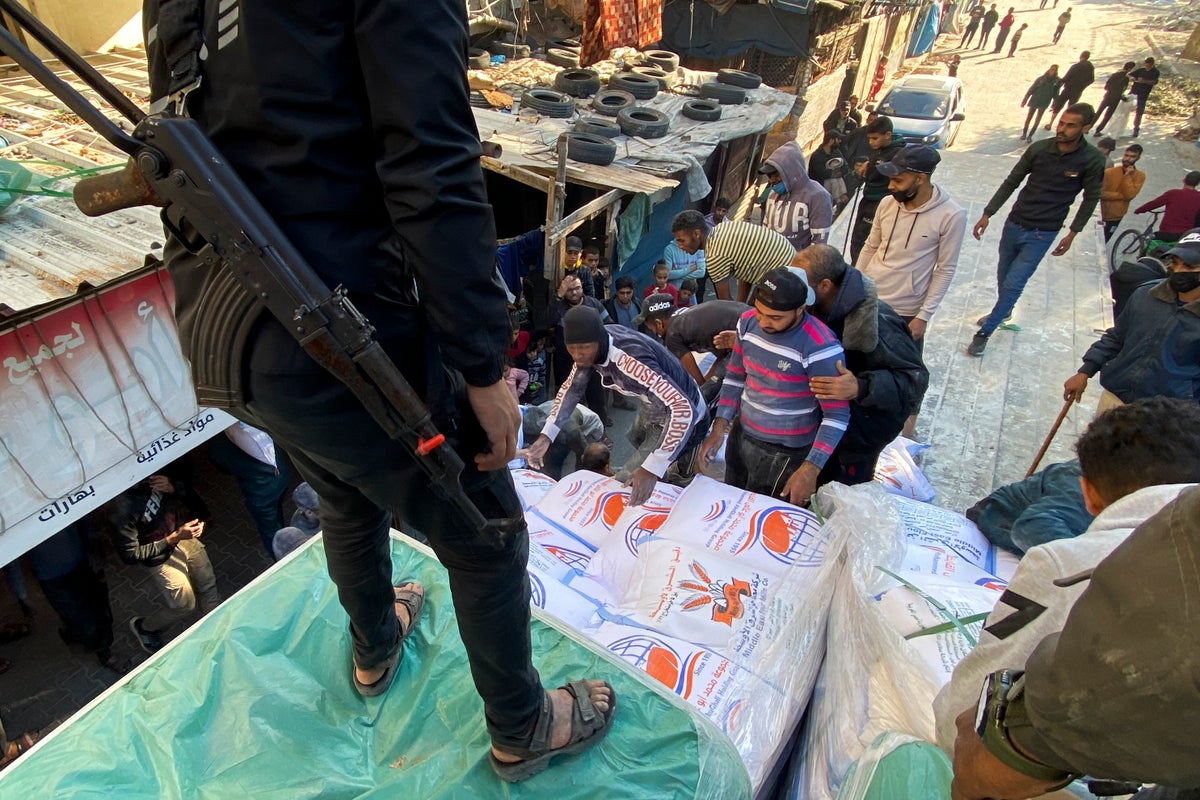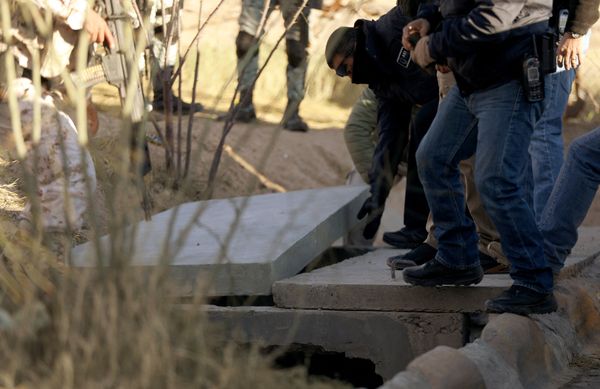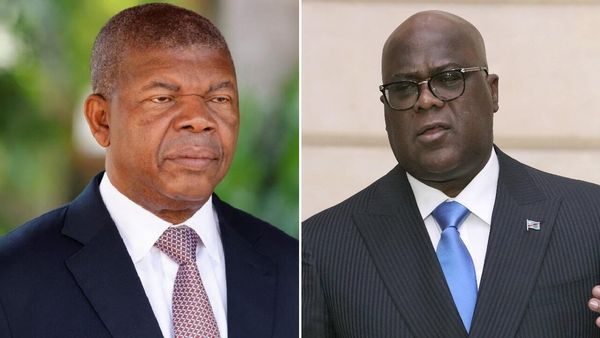
U.N. Security Council members were in intense negotiations Tuesday on an Arab-sponsored resolution to spur desperately needed humanitarian aid deliveries to Gaza during some kind of a halt in the fighting, trying to avoid another veto by the United States.
U.S. Deputy Ambassador Robert Wood told reporters Tuesday morning that negotiations were still underway. Ambassador Lana Nusseibeh of the United Arab Emirates, the Arab representative on the 15-member council, said she hoped the council could vote on a resolution early Tuesday afternoon.
The council had scheduled a vote late Monday afternoon, but it was postponed to try to get the U.S. to support the resolution or abstain.
The U.S. vetoed a Security Council resolution backed by almost all other council members and dozens of other nations demanding an immediate humanitarian cease-fire in Gaza. The 193-member General Assembly overwhelmingly approved a similar resolution on Dec. 12 by a vote of 153-10, with 23 abstentions.
The draft resolution on the table Monday morning called for an “urgent and sustainable cessation of hostilities,” but this language is expected to be watered down in a final draft, possibly to a “suspension” of hostilities or something weaker to get U.S. support, diplomats said, speaking on condition of anonymity because negotiations have been private.
Security Council resolutions are important because they are legally binding, but in practice many parties choose to ignore the council’s requests for action. General Assembly resolutions are not legally binding, though they are a significant barometer of world opinion.
The draft resolution that was being considered by the 15 council members Monday morning recognized that civilians in Gaza don’t have access to sufficient food, water, sanitation, electricity, telecommunications and medical services “essential for their survival.” And it expressed the council’s “strong concern for the disproportionate effect that the conflict is having on the lives and well-being of children, women and other civilians in vulnerable situations.”
Nearly 20,000 Palestinians have been killed, according to the Gaza Health Ministry since Israel declared war on Hamas following its surprise attacks in southern Israel on Oct. 7. The Hamas militants killed about 1,200 people — mostly civilians — and took about 240 hostages back to Gaza.
Hamas controls the Gaza Strip, and its Health Ministry does not differentiate between civilian and combatant deaths. Thousands more Palestinians lie buried under the rubble of Gaza, the U.N. estimates.







